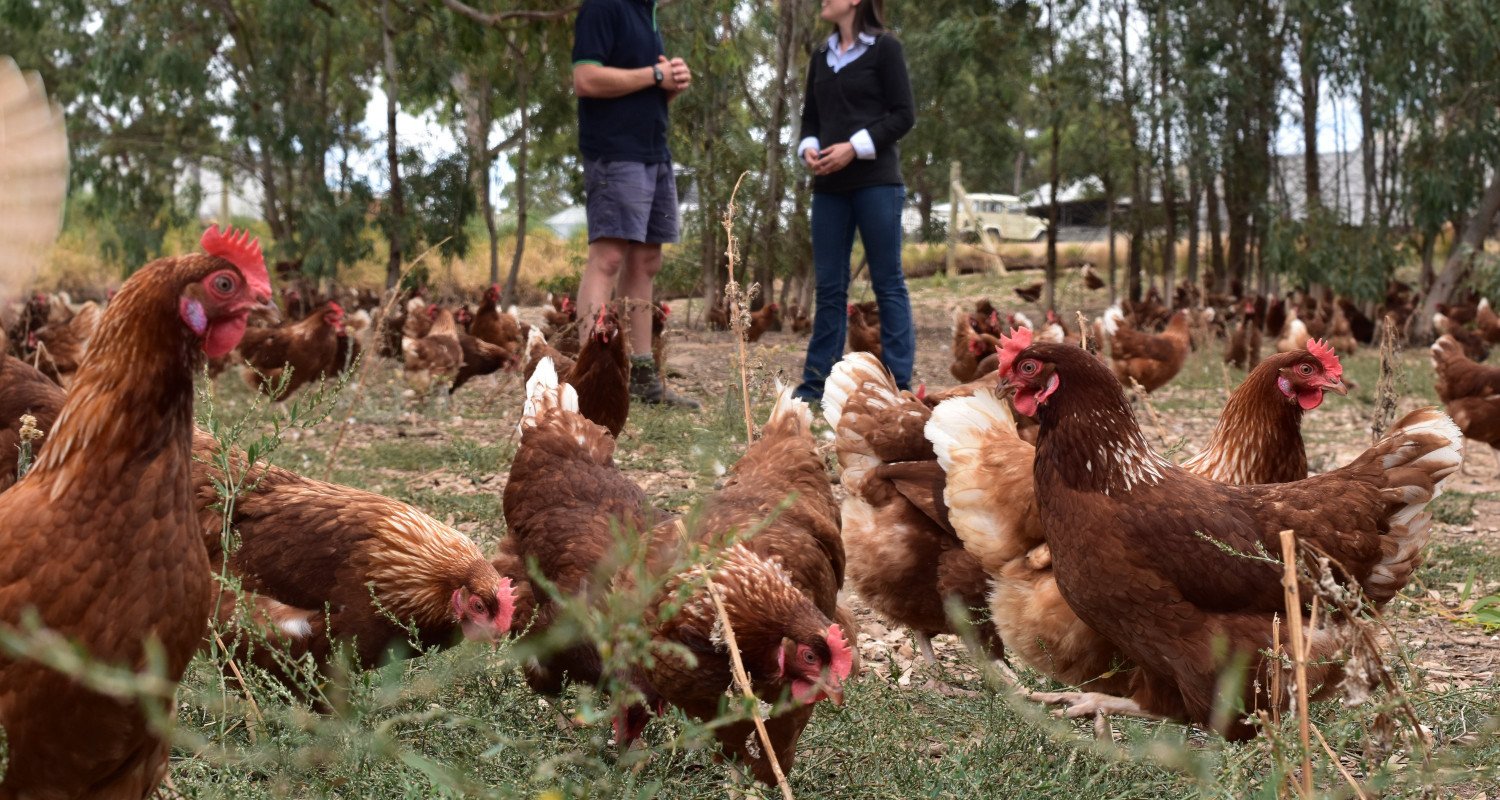
Eggs for Babies and Children
Frequently Asked Questions
When Should You Give Eggs to Your Baby?
It is recommended to introduce well cooked whole egg into your child’s diet in the first year of their life - around six months of age, but not before four months.
What Are Some Benefits of Feeding Eggs To Your Child?
Eggs contain choline, iodine, iron, omega-3 fats, vitamin D and folate - 6 nutrients that contribute to healthy brain development, among other things.
Eggs also provide quality protein, essential fatty acids, antioxidants and vitamins A, E, B2, B5 and B12 which play important roles in growth and development. Eaten as a high-protein breakfast, eggs can boost a child’s satiety levels and reduce hunger throughout the busy school day.
How Do You Know if Your Child is Allergic to Egg?
When introducing egg, make sure it is well cooked, feed it in small amounts and avoid feeding it to your child at the same time as other common allergens such as dairy, nuts, soybeans, fish or seafood and wheat. Watch for any skin, digestive or respiratory symptoms.
How Should You Serve Eggs to Your Child?
Start by introducing small amounts of well cooked egg twice a week, mixed in with other food. Pureeing or mashing a hard-boiled or scrambled egg, ensuring the texture is appropriate for your child’s stage of development. Avoid adding salt or other condiments and keep eggs plain to start with.
 >
> 






